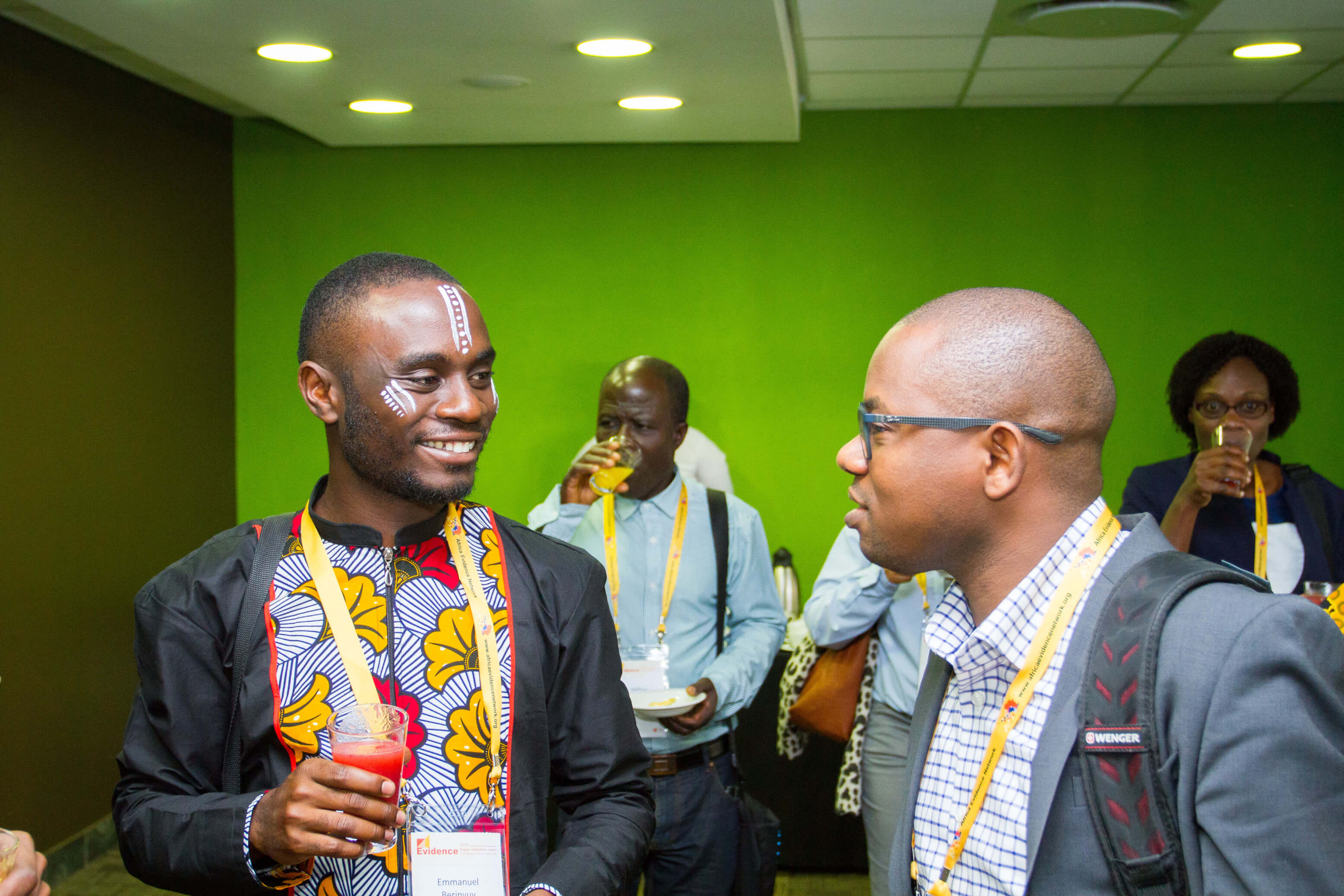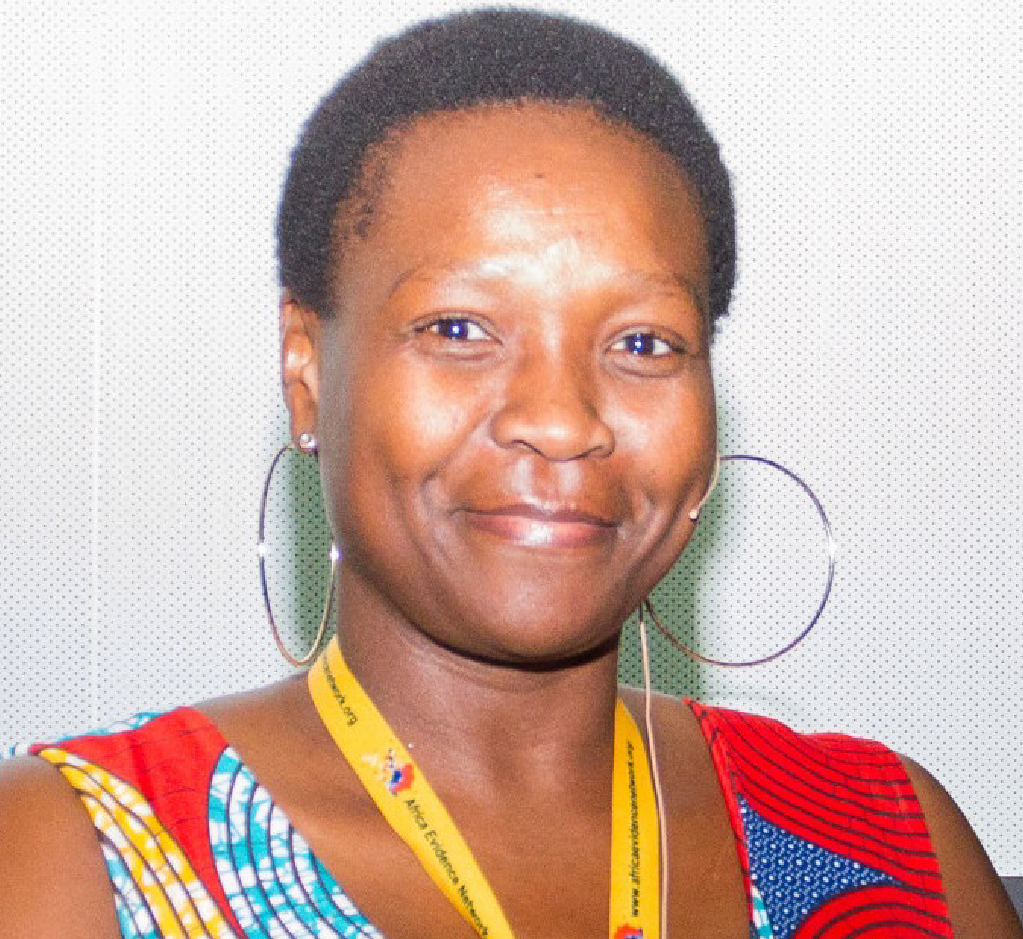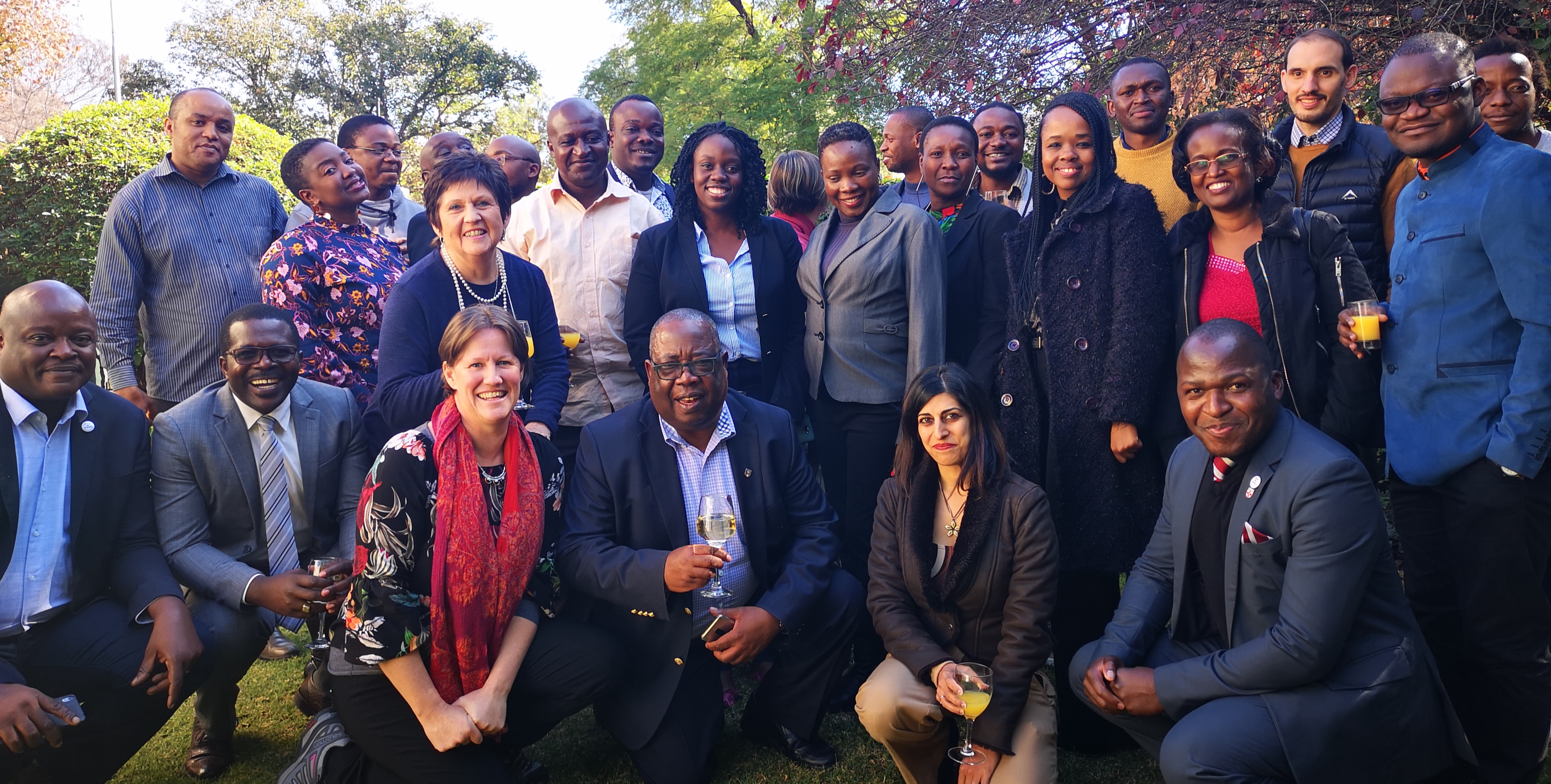
What is the Africa Evidence Network?
The Africa Evidence Network (AEN) is a broad community of over 5000 diverse people who share a vision to see an end to poverty and inequality in Africa. The Network’s mission is to work with others to contribute to this vision by increasing the use of evidence in decision-making. The Network is pan-African, open to all who live and work on the continent.
It is unique in its inclusivity and diversity in six broad dimensions. It spans i) all countries in Africa; ii) all sectors across the Sustainable Development Goals; iii) all spheres, including government, academia, civil society and all intermediaries; iv) the full diversity of roles within these spheres from members of parliaments to program managers to researchers; v) all elements of the evidence production and use cycle, from the generation of evidence to its integration into policy and implementation; and vi) all types of evidence from administrative data, to evaluations of all kinds, to experimental research, to citizen experiences and systematic syntheses of primary studies.
Our goals are to foster collaboration among those engaged in or supporting evidence-informed decision-making (EIDM) in Africa, increase knowledge and understanding of EIDM, share capacities across the evidence-informed decision-making ecosystem, improve the enabling context by promoting EIDM in Africa, and advocate for Africa’s full voice and participation in the national, regional and global movements to increase EIDM.






 Some members of the AEN reference group and some secretariat team members pictured together at
the first face-to-face meeting of the reference group, June 2019.
Some members of the AEN reference group and some secretariat team members pictured together at
the first face-to-face meeting of the reference group, June 2019.